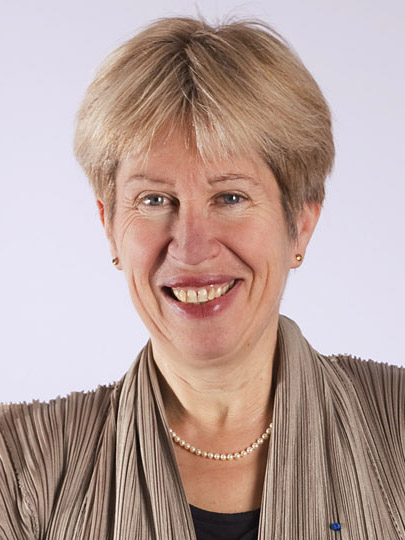
Alice Dautry
Professor Alice Dautry was trained as a physicist at the University of Paris, as a molecular and cell biologist at SUNY at Stony Brook and the National Institutes of Health, and was a visiting scientist at the Massachusetts Institute of Technology. She has published some 130 articles dealing with her studies in biochemistry, cell biology, immunology and infectious diseases.
Prof. Alice Dautry has been President of the Institut Pasteur from October 2005 to October 2013. The main aim of the Institut Pasteur is understanding and preventing diseases through excellent scientific research, teaching and public health investigations. It is at the heart of an international network of 32 research institutes on 5 continents, coordinated by the President in Paris.
Prof. Alice Dautry is a member of the German Academy of Science (Leopoldina), the Academy of Technologies (France) and is Doctor Honoris Causa of the Rockefeller University. She is Officier of the French National Order of the Légion d’Honneur. She is or has been a member of many Boards of trustees and scientific councils of research institutions, international organisations and companies, including the Drugs for Neglected Diseases Initiative (Switzerland), Chr. Hansen (Denmark), the External Reference Group for Health Research Strategy of the WHO, Instituts Pasteur world-wide (Dakar, Senegal; Shanghai, China; Seoul, Korea), the Council of Foreign Affairs (France), UCB Biopharmaceuticals (Belgium), and the European Research Council advisory committee.
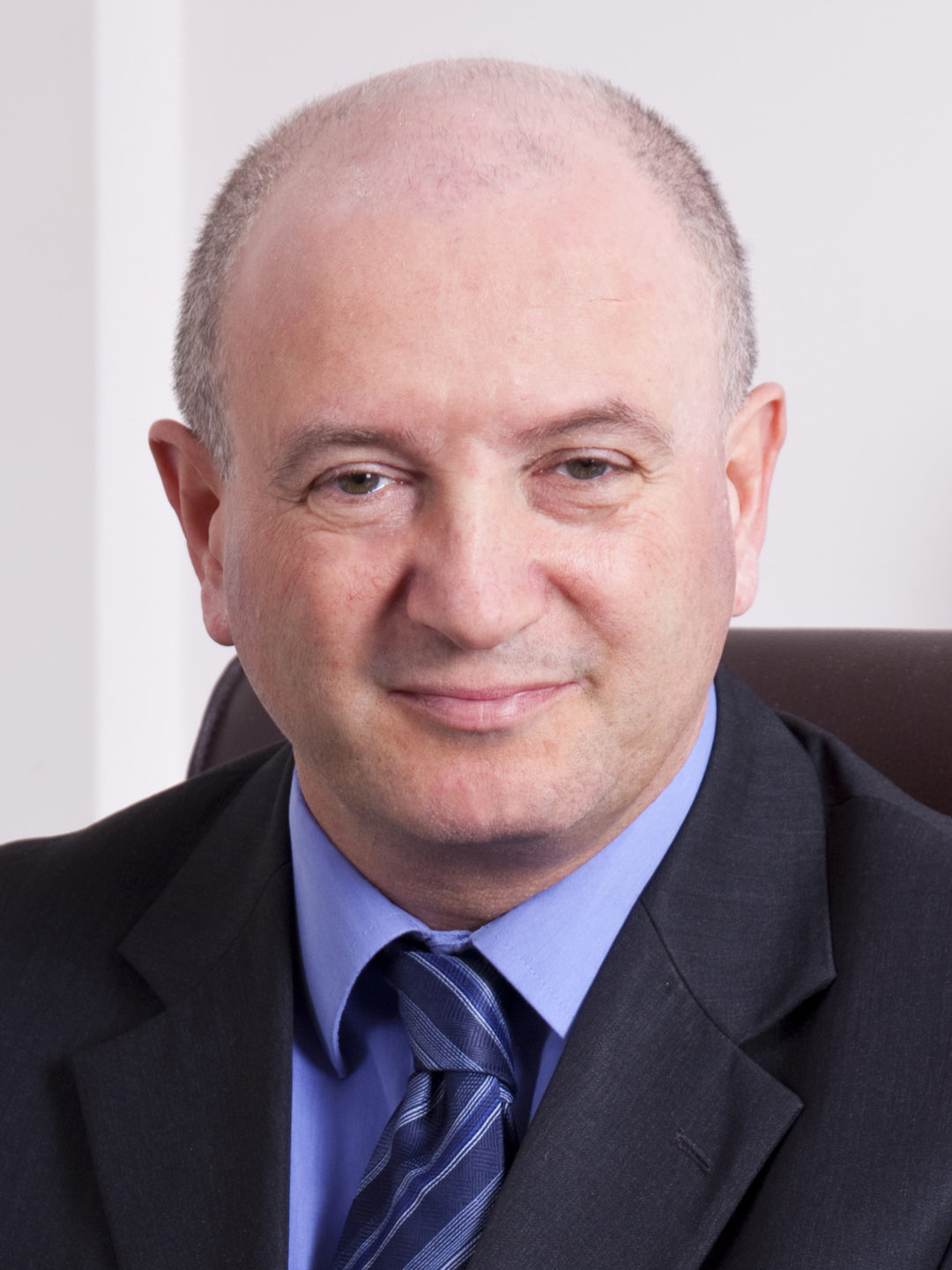
Daniel Zajfman
Prof. Daniel Zajfman has a PhD (1989) in atomic physics from the Technion – Israel Institute of Technology. In 1991 he joined the Weizmann Institute’s Department of Particle Physics after concluding his postdoctoral research at the Argonne National Laboratory near Chicago. Since 2001, he has also been an external member of the Max Planck Institute of Nuclear Physics in Heidelberg, Germany, and from 2005 – 2006, he served as Director of that institute. In 2006, he was elected the tenth—and youngest-ever—President of the Weizmann Institute of Science.
As President, Prof. Zajfman has given priority to sustaining the Institute’s high standards of excellence. He has led the establishment of several research schools, centers, institutes, and infrastructure projects. Under Prof. Zajfman’s leadership, the Weizmann Institute has increasingly become a hub of international science, with more international conferences and a growing number of foreign scientists, postdoctoral fellows, and students on campus.
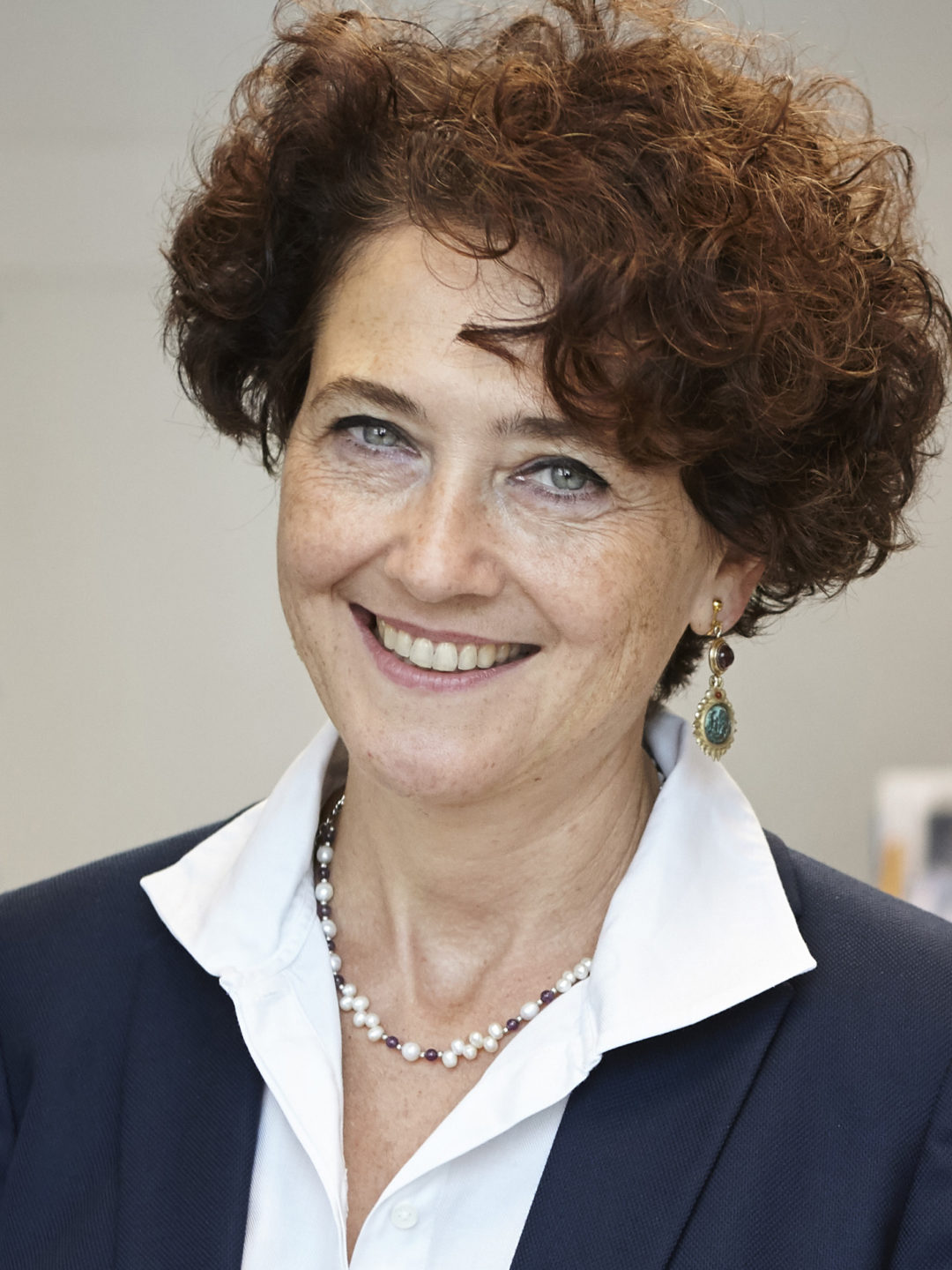
Edith Heard
Edith Heard, Ph.D., FRS was trained as a geneticist at Cambridge University and carried out her doctoral work at the ICRF (London). During her postdoc at the Pasteur Institute in Paris, she began her work on mammalian X-chromosome inactivation and the role and regulation of the Xist non-coding RNA. She headed the Mammalian Developmental Epigenetics team at the Institut Curie and was Director of the Genetics and Developmental Biology Department until the end of 2018. In January 2019, she became Director General of EMBL.
She is also Professor of Epigenetics and Cellular Memory at the Collège de France. Her laboratory focuses on epigenetic processes in mammals, with particular interest in the role of noncoding RNAs, chromosome organization and chromatin structure in the establishment and maintenance of differential expression patterns during development. Her team described the epigenetic dynamics of X inactivation in early mammalian embryos.
Most recently, her lab participated in the discovery that chromosomes are organizes as topologically associated domains (TADs) and went on to investigate the relationship between TADs and gene regulation at the level of the X chromosome. She is a Fellow of the Royal Society and has been awarded prizes including the Grand Prix INSERM and the European Society for Human Genetics in 2017.
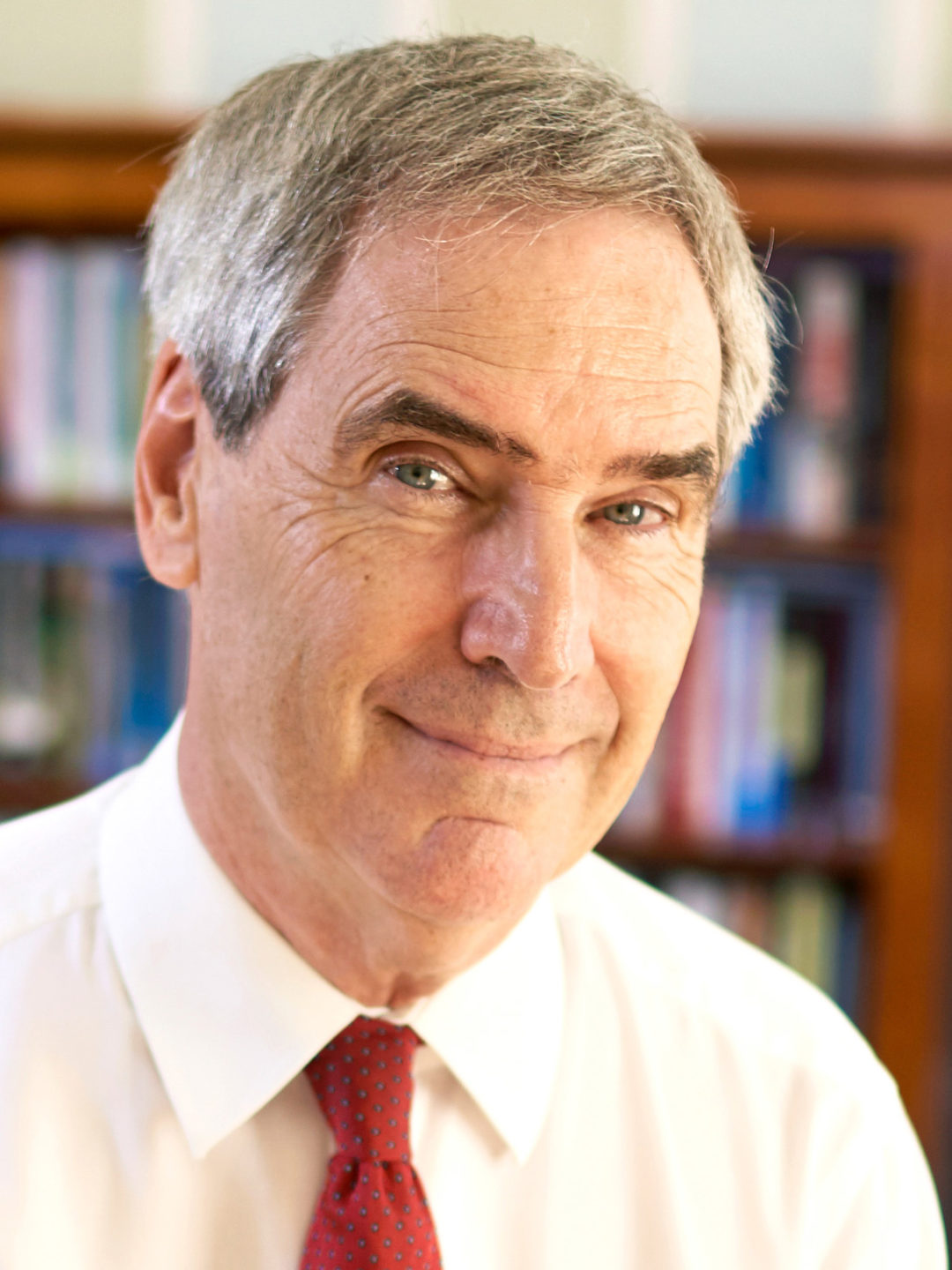
Michael Ignatieff
Born in Canada, educated at the University of Toronto and Harvard, Michael Ignatieff is a university professor, writer, and former politician.
His major publications are The Needs of Strangers (1984), Scar Tissue (1992), Isaiah Berlin (1998), The Rights Revolution (2000), Human Rights as Politics and Idolatry (2001), The Lesser Evil: Political Ethics in an Age of Terror (2004), Fire and Ashes: Success and Failure in Politics (2013), and The Ordinary Virtues: Moral Order in a Divided World (2017).
Between 2006 and 2011, he served as an MP in the Parliament of Canada and then as Leader of the Liberal Party of Canada and Leader of the Official Opposition. He is a member of the Queen’s Privy Council for Canada and holds thirteen honorary degrees. Between 2012 and 2015, he served as Centennial Chair at the Carnegie Council for Ethics in International Affairs in New York. Between 2014 and 2016, he was Edward R. Murrow Professor of the Practice of the Press, Politics and Public Policy at the Harvard Kennedy School. He is currently the Rector and President of Central European University in Budapest.
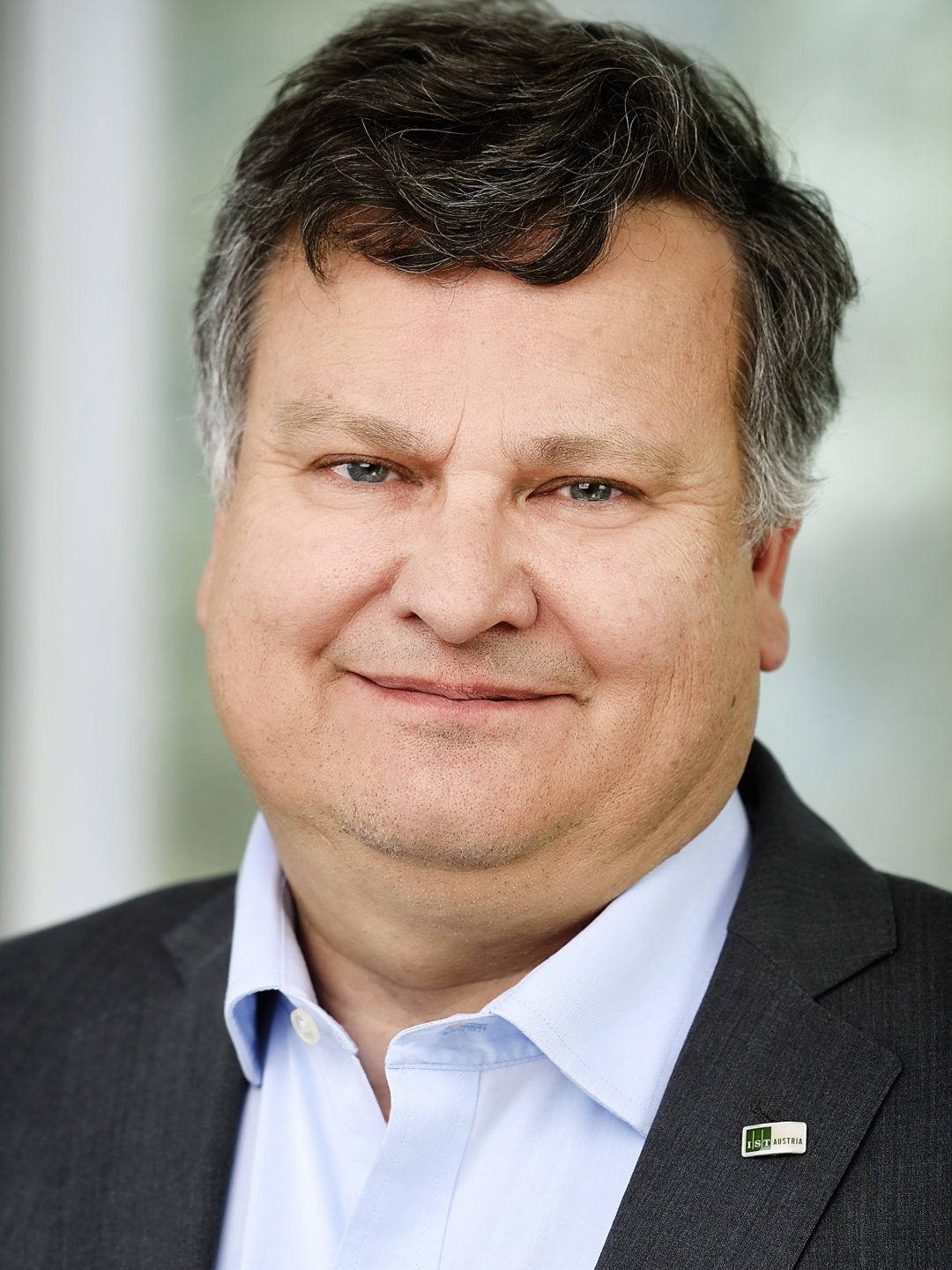
Thomas A. Henzinger
Thomas A. Henzinger is president of IST Austria (Institute of Science and Technology Austria). He holds a Dipl.-Ing. degree in Computer Science from Kepler University in Linz, Austria, an M.S. degree in Computer and Information Sciences from the University of Delaware, a Ph.D. degree in Computer Science from Stanford University (1991), and a Dr.h.c. from Fourier University in Grenoble, France (2012) and from Masaryk University in Brno, Czech Republic (2015). He was Assistant Professor of Computer Science at Cornell University (1992-95), Assistant Professor (1996-97), Associate Professor (1997-98), and Professor (1998-2004) of Electrical Engineering and Computer Sciences at the University of California, Berkeley. He was also Director at the Max-Planck Institute for Computer Science in Saarbruecken, Germany (1999), and Professor of Computer and Communication Sciences at EPFL in Lausanne, Switzerland (2004-09).
His research focuses on modern systems theory, especially models, algorithms, and tools for the design and verification of reliable software, hardware, and embedded systems. His HyTech tool was the first model checker for mixed discrete-continuous systems. He is an ISI highly cited researcher, a member of Academia Europaea, a member of the German Academy of Sciences (Leopoldina), a member of the Austrian Academy of Sciences, a Fellow of the AAAS, a Fellow of the ACM, and a Fellow of the IEEE. He has received the Milner Award of the Royal Society, the Wittgenstein Award of the Austrian Science Fund, and an ERC Advanced Investigator Grant.


